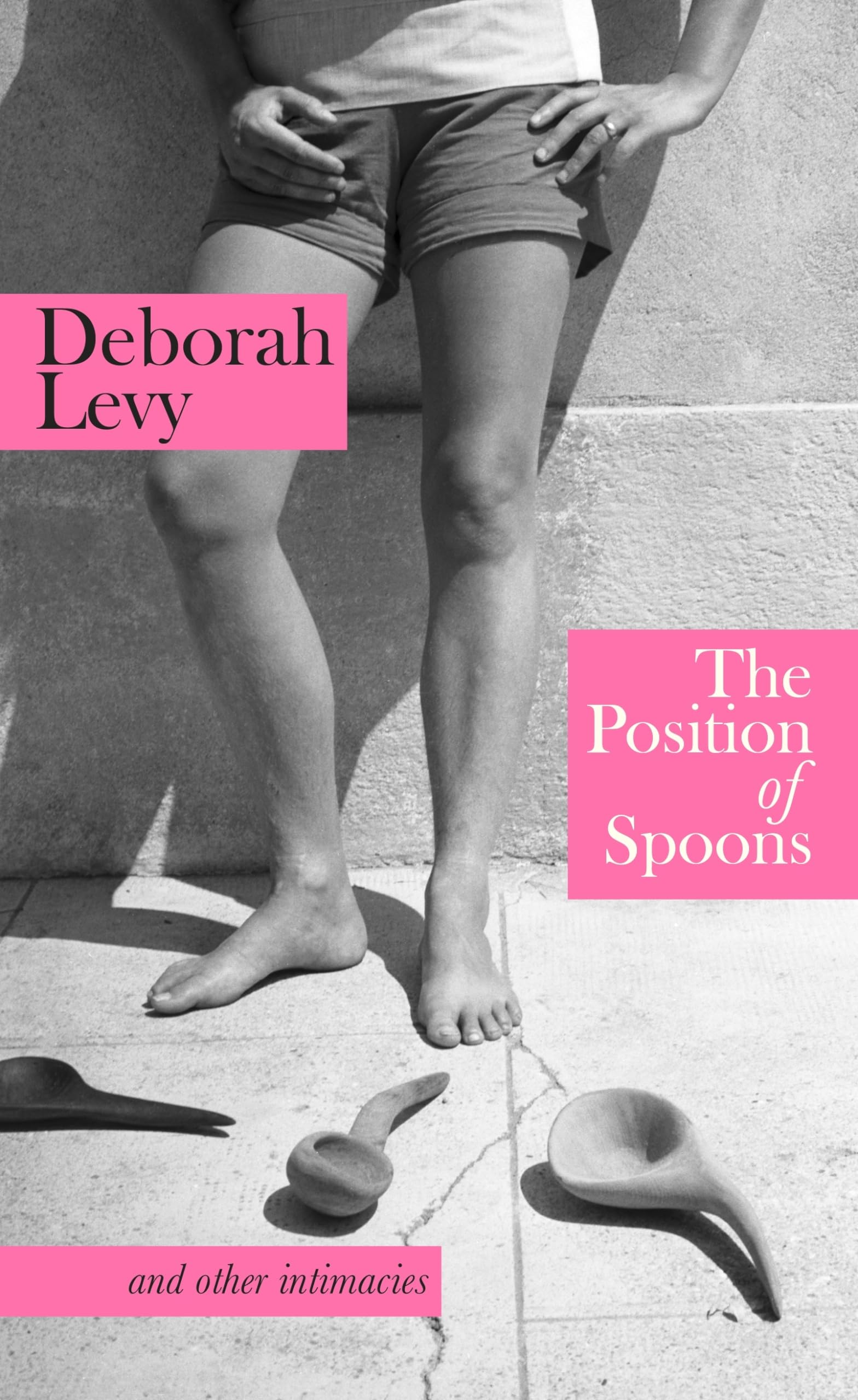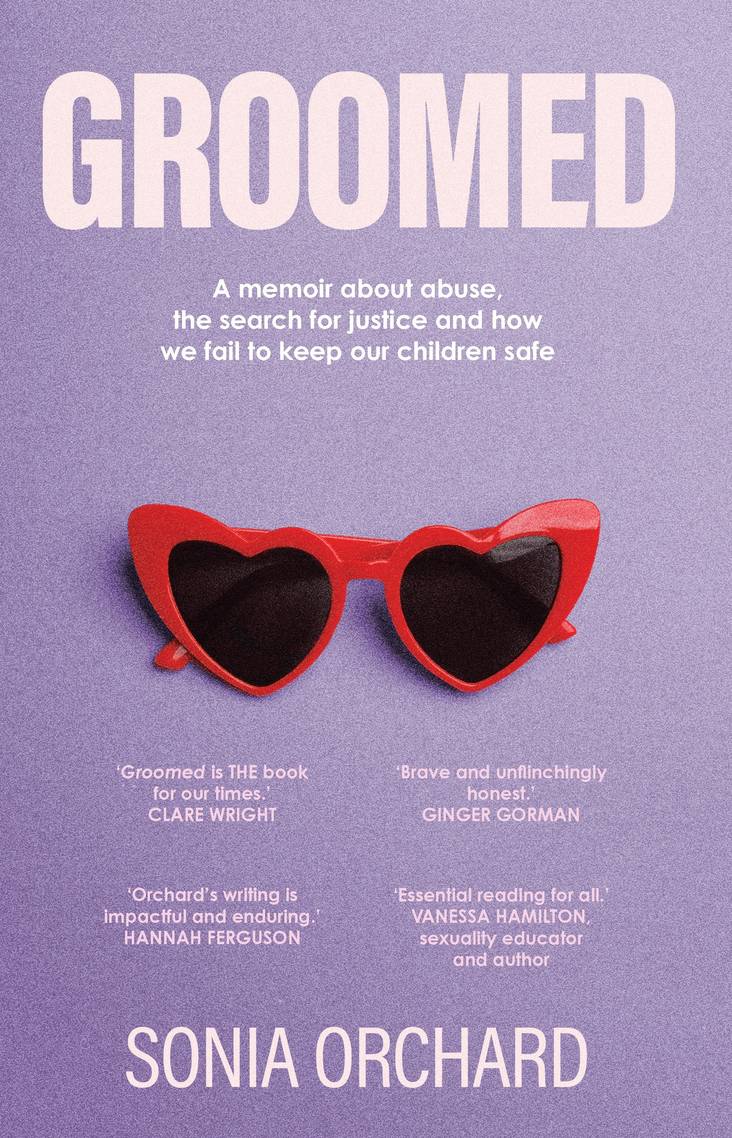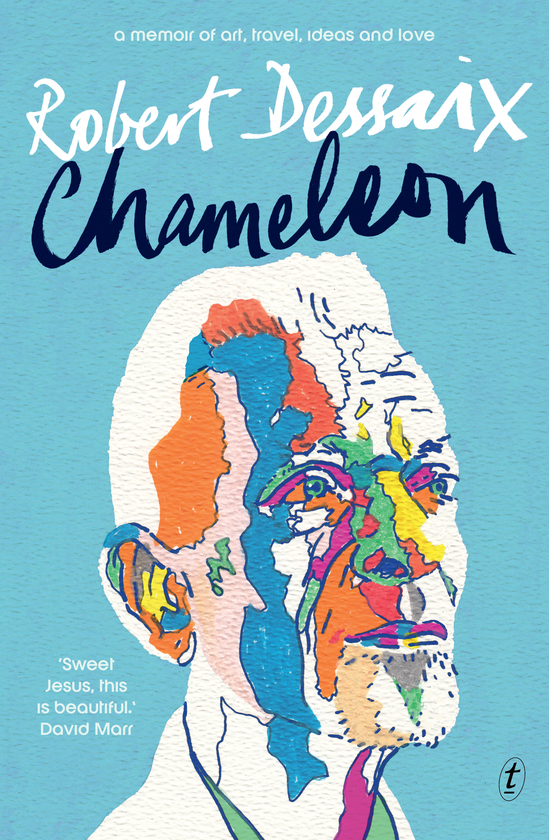Memoir
With more than two decades of experience in interviewing at SBS and the ABC, Kumi Taguchi knows how to craft a person’s story and build a reader’s sympathy. The Good Daughter, her first book, is a memoir. Here she looks inward, transferring these interviewing skills to herself as the subject.
... (read more)New Zealand/Aotearoa is a small country, with a population of roughly five million people, but as former Prime Minister Jacinda Ardern enthuses in her memoir A Different Kind of Power, it regularly punches above its weight. Not that she is one to toot her own horn, at least in an obvious fashion, but let’s take her prime ministership as a vivid case in point.
... (read more)Careless People: A story of where I used to work by Sarah Wynn-Williams
Imagine having a performance review conducted by your employer while you were in a coma and on maternity leave and being told on your return to work that your responsiveness was found wanting. This anecdote is related straight-faced by Sarah Wynn-Williams in her whistleblowing account of the multinational technology giant Facebook. Based on the author’s seven-year tenure as Facebook’s Director of Global Public Policy, which ended in 2017, Careless People provides new insights into Facebook’s treatment of employees and users alike. As Wynn-Williams recalls: ‘A quick google search confirm[ed] my suspicions that you are not supposed to be given a performance review on your maternity leave. In fact, I understand that pushing someone to work during their maternity leave is against the law.’ A chilling picture is constructed of the human cost of the company’s lawless commitment to power, profit, and a galactic technocracy, the Metaverse.
... (read more)Readers grow faithful to their favourite authors – to their style, their literary landscapes, and the moods their books create. Readers of Deborah Levy’s work have come to know and love her idiosyncratic voice. Her texts plunge readers into quotidian worlds made surreal and her narrators point out the humour and strangeness of everyday life.
... (read more)The new edition of Searching for Charmian, Suzanne Chick’s autobiographical account of discovering her birth mother’s identity, is published at a moment when the reputations of two of the book’s subjects are in their ascendency.
... (read more)If you were asked to come up with three cultural touchstones for the nation of Iceland, there’s a good chance that you would nominate Hannah Kent’s 2013 novel Burial Rites, perhaps along with the music of Björk and Sigur Rós. Burial Rites might be a bit of a cheat, given that Kent is an Australian novelist. Nevertheless, this novel, which tells the story of a woman executed in Iceland in the nineteenth century, has been an enormous success. Translated into more than twenty languages, it sold millions of copies worldwide and is set to become a film. It surely put Iceland on the map for many readers.
... (read more)Making Progress: How good policy happens by Jenny Macklin with Joel Deane
Jenny Macklin was an unusual politician, so it should not surprise that hers is an unusual political memoir. Anyone looking to Making Progress for salacious tales from the internecine warfare of the Rudd-Gillard Government, in which Macklin was a senior minister, will be disappointed. Macklin is widely regarded as the most serious policy thinker among her generation of Labor politicians, and this account of her career, written in collaboration with Joel Deane, will only enhance that reputation. It is a book for policy wonks, and one that is perfectly timed to remind readers that, for all the sound and fury of the recent election campaign, government is a serious business.
... (read more)Groomed: A memoir about abuse, the search for justice and how we fail to keep our children safe by Sonia Orchard
There is no shortage of statistics pointing to the prevalence of misogyny and violence against women, not least the oft-cited figure that one woman is murdered each week in Australia. But sometimes anecdotes reveal the systemic nature of a problem in a way that figures cannot. In her memoir, Groomed, Sonia Orchard recalls attending a social gathering in St Kilda thirty years after she was abused as a fifteen-year-old high school student. At the party, she recognises a male teacher from her school, who, when he sees her, exclaims loudly in front of other guests: ‘I remember you! You used to think you were so hot, didn’t you? Strutting around in your little school dress.’
... (read more)Erudition for its own sake is perhaps not as prized in the world of Australian letters as it once was; in an age when sparsity is king – where blunt clarity and a kind of punchy journalese dominate contemporary essay writing – loquaciousness and intricate wordplay are undervalued commodities. Feathery intellectualism of the type personified by Robert Dessaix might not be much in vogue, which is precisely why it feels so joyful and necessary. Chameleon, his latest work of memoir, is discursive and prismatic, wise and worldly. For the shambolic musings of an esteemed octogenarian – ‘now at the end of my life, at the fraying, but suddenly illumined, highly coloured end of my life’ – it is expertly calibrated, often remarkably vivid, and always exquisitely articulated.
... (read more)How literature loves to corral its characters in defined, even confined spaces and closed societies. Chaucer anatomised his ‘sondry folk’, his pilgrims, as they gathered in Southwerk’s Tabard Inn. A secluded Florentine villa was Boccaccio’s retreat for storytelling, while the Black Death raged in the countryside. Agatha Christie, who understood immurement-by-loss, lent a lethal frisson to the English country house and the European rail carriage. Umberto Eco chose a monastery for his Name of the Rose intrigue. As recently as 2023, Charlotte Wood brought the protagonist of her novel Stone Yard Devotional into a convent, to confront herself and witness another portentous environmental and social plague – this one of mice.
... (read more)









